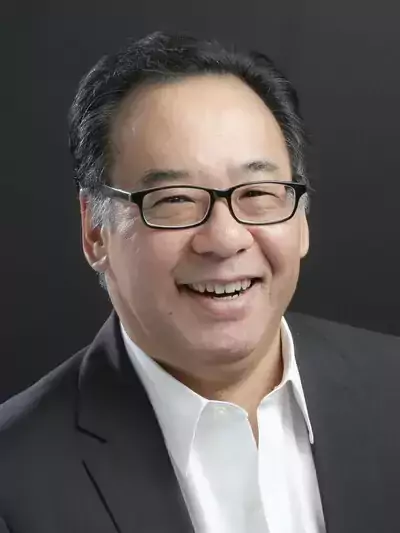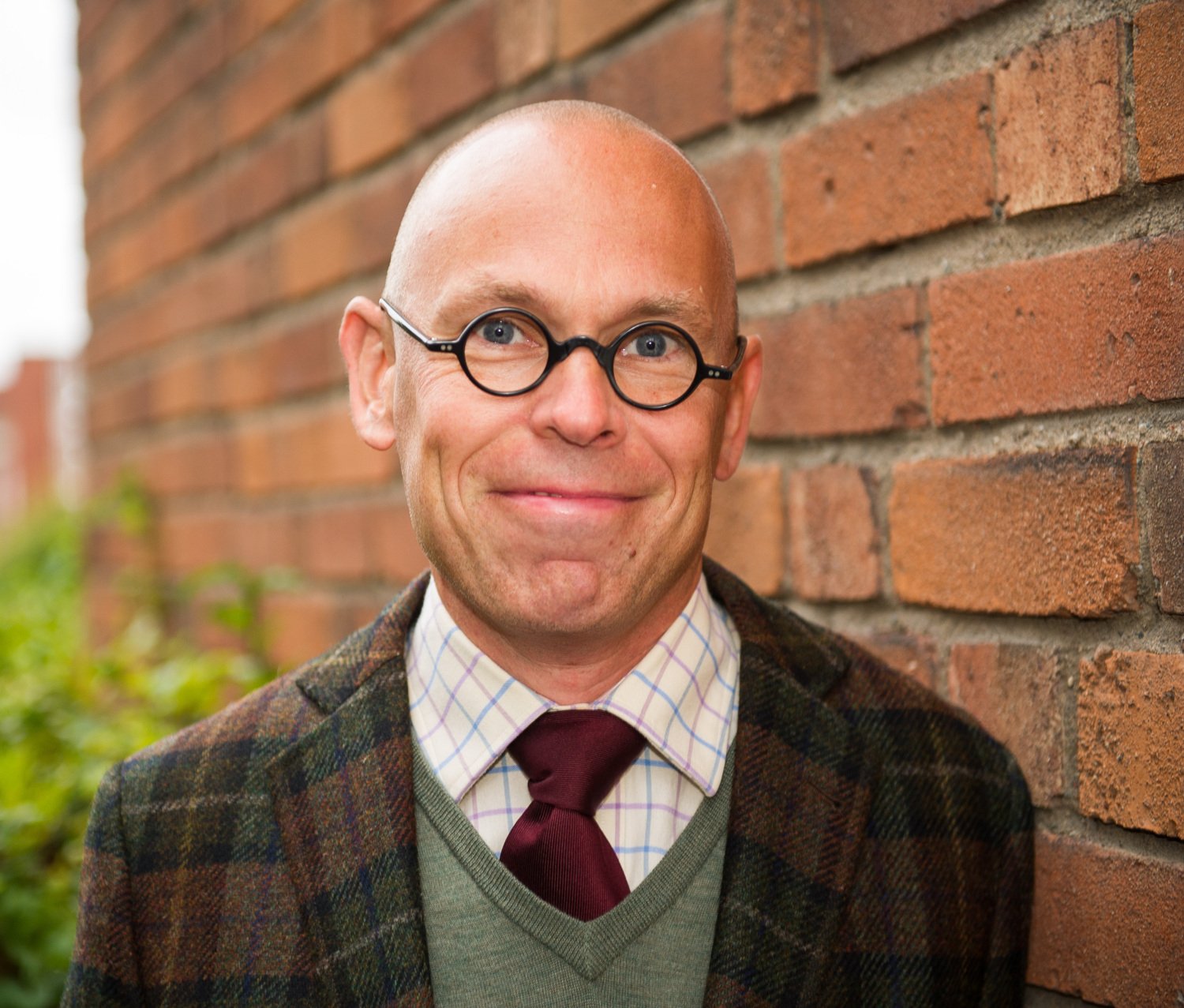MedEd Studio: Arno Kumagai - Artistic turn
In this episode of MedEd Studio professor Arno Kumagai, Vice-Chair Education, Department of Medicine, University of Toronto, Canada, and assistant editor for medicine and the arts in Academic Medicine, shares his experience of using art in medical education. He will talk about the “artistic turn” in medical education, and how you can improve your teaching with art.
Can art enhance learning in the health professions?
"Why don’t you add art to your course or just use it as a perspective in your class? Art such as literature, poetry, visual arts, sculpture, film, performing arts or dance. However, many teachers and curriculum planners are already overwhelmed with all scientific materials to cover and to integrate a variety of different horizontal perspectives, such as i.e climate, sustainability, or IDE (inclusivity, diversity, equity). Then art on top of this, why and how? Gosh! Well. Art can both be understood as a subject or used as a medium - a teaching method – to improve learning with different educational aims. Let me share two with you.
Art as a meaningful anchor
Today it’s well known that new learning is based on previous knowledge and experience. Learning is also an active process. Art can help us elicit our, often unconscious, previous knowledge and experience. Hence, it can become a bridge between preexisting cognitive architecture and newly acquired knowledge. Art can become a meaningful anchor. The very first time I met art in medical education was at Harvard Medical School, now years ago. We were invited to a modern art gallery at the Harvard Art Museums on Quincy Street in Cambridge, Boston. “Find a piece of art that tells you something about medicine!”. I still remember what I eventually found and what I projected on this piece. We then were asked to divide ourselves into groups of four and share the art works we chosen, and how they resonated to the initial question. In the third and final step we walked through the gallery artwork by artwork and anyone who liked could share his or her thoughts or feelings in relation to a particular artwork. The conversations were amazingly rich and deep.
Since then, I have myself been running art and medical education sessions at various galleries or museums, always with tremendously rich conversations, and shared insights covering a huge variety of topics such as leadership challenges, burnout, what constitutes health or recovery from disease.
Art as framing
Although science is critical to medicine and health professions education, still each patient is an individual. The experience of disease is clearly subjective. Also, despite all statistical modelling there is always ambiguity in individual application of a procedure, how an individual respond to specific treatments, procedures, drugs, or therapy. Art and humanities in a general sense, is all about the subjective. Visual art can sharpen our perception, literature and poetry can help us understand individual characters, their voices and the complex interaction life offers. Performing arts or film is yet other forms of expressing the subjective from a unique perspective."
- Jonas Nordquist

Arno Kumagai
Arno Kumagai Dr. Arno Kumagai is a full professor at the University of Toronto and Vice-Chair, Education, in the Department of Medicine. He also holds the F.M. Hill Chair in Humanism Education from Women’s College Hospital and the University of Toronto.
Dr. Kumagai received his BA in comparative literature from U.C. Berkeley and his MD from UCLA School of Medicine. He completed a residency in internal medicine and an endocrine fellowship and postdoc at UCLA. Dr. Kumagai came to the University of Toronto from the University of Michigan Medical School where he was on faculty since 1996. An endocrinologist with expertise in the intensive management of type 1 diabetes mellitus, Dr. Kumagai is an internationally recognized educational scholar. After a career in bench research, Dr. Kumagai remarkably shifted his research interests from looking into the molecular mechanisms of diabetic complications to medical education.
Dr. Kumagai’s excellence in integration of humanism in medical education is internationally recognized. He is the recipient of numerous teaching awards, including the AAMC/Pfizer Award for Humanism in Medical Education, the Leonard Towe Award for Humanism in Medicine, the Kaiser Permanente Award for Teaching Excellence, and the University of Michigan’s Provost Innovative Teaching Prize and the University of Michigan’s Distinguished Leaders in Diversity Award.
Publications
On Time and Tea Bags: Chronos, Kairos, and Teaching for Humanistic Practice.
Kumagai AK, Naidu T
Acad Med 2020 Apr;95(4):512-517
Reflection, dialogue, and the possibilities of space.
Kumagai AK, Naidu T
Acad Med 2015 Mar;90(3):283-8
From competencies to human interests: ways of knowing and understanding in medical education.
Kumagai AK
Acad Med 2014 Jul;89(7):978-83
Perspective: acts of interpretation: a philosophical approach to using creative arts in medical education.
Kumagai AK
Acad Med 2012 Aug;87(8):1138-44

Jonas Nordquist
Jonas Nordquist, PhD is a medical educationalist. He is the director for Karolinska Institutet’s Prize for Research in Medical Educations Fellows (KIPRIME Fellows).
His research focuses on leadership and implementation of change in health professions education. He has been deeply involved in research and development of physical learning spaces in Sweden and globally.
